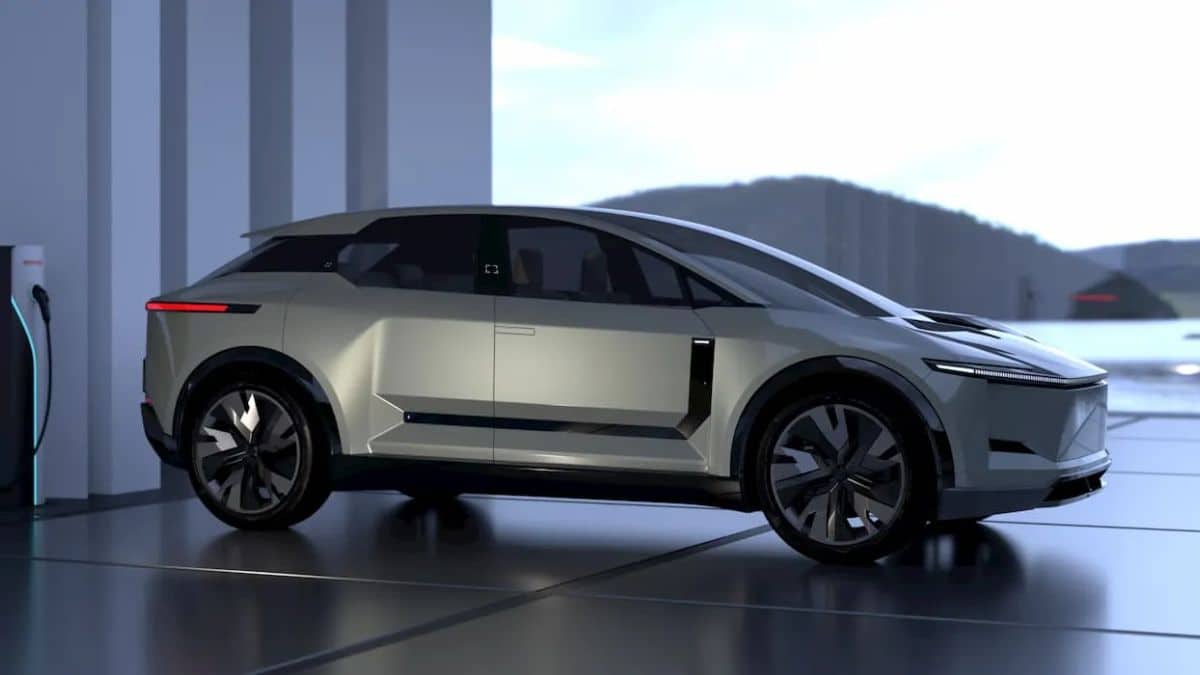Last week, Honda Motor Co. and Nissan Motor Co. announced a strategic partnership to co-develop in-vehicle software, aiming to strengthen their positions in the competitive global automotive market. This collaboration, which extends to areas like electric vehicle (EV) platforms and software-defined vehicles, is part of a broader strategy to enhance their technological capabilities and share development costs.
The agreement marks a significant step for both automakers, as they seek to counteract declining sales and increased competition, particularly from Chinese EV manufacturers like BYD. The partnership is expected to streamline efforts in electrification and automation, helping both companies to navigate the broader industry trend towards sustainable and intelligent vehicle technology.
However, some industry experts argue that for this initiative to be truly effective, Toyota Motor Corporation should also join the collaboration. Toyota, a dominant player in the automotive sector, has established its own alliances with Subaru, Suzuki, and Mazda, thereby reinforcing its technological and market position. Joining forces with Honda and Nissan could create a formidable consortium, better equipped to compete with foreign rivals and accelerate advancements in vehicle software and electrification
Tatsuo Yoshida, a senior auto analyst at Bloomberg Intelligence, emphasized the need for such partnerships, especially as Honda and Nissan face significant challenges in key markets like China. Both companies experienced substantial sales declines in the region, necessitating a robust response to regain their footing. Yoshida noted that deeper collaboration could leverage each company’s strengths, enhancing their collective ability to innovate and compete globally.
The partnership between Honda and Nissan is set against a backdrop of shifting alliances and strategic moves within the automotive industry. As these companies work together to develop next-generation vehicle technologies, the potential inclusion of Toyota could further solidify Japan’s position in the global automotive landscape, ensuring they remain competitive in the rapidly evolving market.

